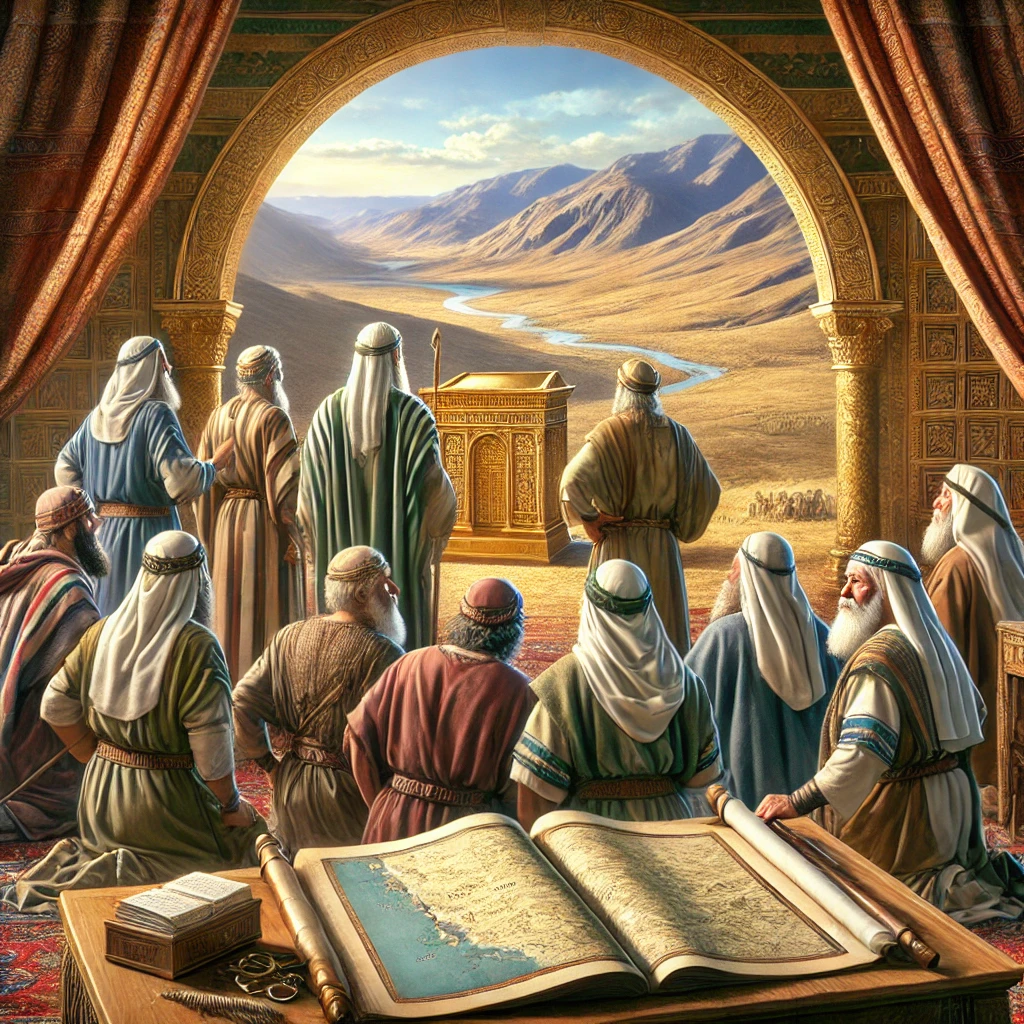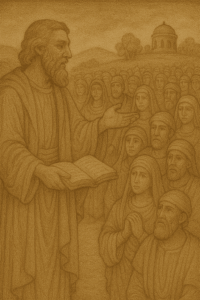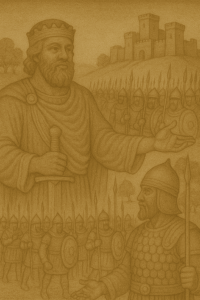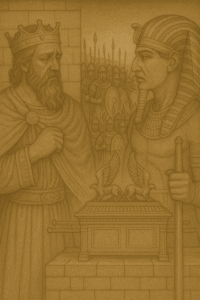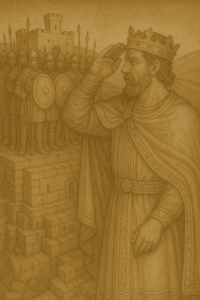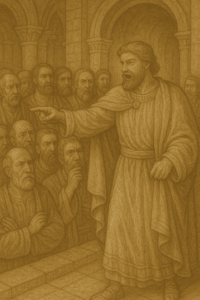Introduction
Joshua Chapter 13 marks transition in the leadership of Joshua as he ages and the Israelites begin the process of dividing the Promised Land among the twelve tribes. This chapter highlights the themes of unfinished business, divine promises, and the importance of obedience. In this blog post, we delve into the key elements of Joshua Chapter 13 and explore the lessons they offer.
Joshua’s old age and the remaining land.
The chapter opens with a recognition of Joshua’s advanced age and the work still to be done. Joshua 13:1 states:
“When Joshua had grown old, the Lord said to him, ‘You are now very old, and there are still very large areas of land to be taken over.’”
Despite the victories and conquests, there remain territories that have not yet been conquered, emphasizing the ongoing nature of God’s mission for the Israelites.
The unconquered territories.
God outlines the remaining lands to be conquered, which include regions inhabited by the Philistines, Geshurites, and other groups. Joshua 13:2-6 lists these areas:
“This is the land that remains: all the regions of the Philistines and Geshurites, from the Shihor River on the east of Egypt to the territory of Ekron on the north, all of it counted as Canaanite; the territory of the five Philistine rulers in Gaza, Ashdod, Ashkelon, Gath and Ekron—that of the Avvites. From the south, all the land of the Canaanites, from Arah of the Sidonians as far as Aphek and the border of the Amorites; the area of Byblos; and all Lebanon to the east, from Baal Gad below Mount Hermon to Lebo Hamath. ‘As for all the inhabitants of the mountain regions from Lebanon to Misrephoth Maim, that is, all the Sidonians, I myself will drive them out before the Israelites. Be sure to allocate this land to Israel for an inheritance, as I have instructed you, and divide it as an inheritance among the nine tribes and half of the tribe of Manasseh.’”
Division of the land east of the Jordan.
The chapter also recounts the allocation of land east of the Jordan River, previously assigned by Moses to the Reubenites, Gadites, and the half-tribe of Manasseh. Joshua 13:8-13 provides details on this distribution:
“The other half of Manasseh, the Reubenites and the Gadites had received the inheritance Moses had given them east of the Jordan, as he, the servant of the Lord, had assigned it to them… But the Israelites did not drive out the people of Geshur and Maakah, so they continue to live among the Israelites to this day.”
This section highlights the importance of fulfilling God’s commands completely and the consequences of leaving tasks unfinished.
The inheritance of the Levites.
Unique among the tribes, the Levites do not receive a territorial inheritance. Instead, their inheritance is the offerings made to the Lord. Joshua 13:14 explains:
“But to the tribe of Levi he gave no inheritance, since the food offerings presented to the Lord, the God of Israel, are their inheritance, as he promised them.”
This arrangement emphasizes the Levites’ special role in the spiritual life of Israel.
Lessons from Joshua chapter 13.
- Unfinished business: Joshua’s old age and the remaining unconquered territories remind us that there is always more work to be done in fulfilling God’s plans. It encourages continuous effort and dedication.
- Divine promises: The chapter reinforces the importance of trusting in God’s promises. Despite the incomplete conquest, God reassures Joshua that He will drive out the remaining inhabitants.
- Obedience and completeness: The failure to drive out all the inhabitants as commanded illustrates the need for complete obedience to God’s instructions. Partial obedience can lead to future complications.
- Spiritual inheritance: The Levites’ inheritance underscores the value of spiritual blessings over material possessions. It reminds us of the importance of prioritizing spiritual commitments.
Conclusion.
Joshua Chapter 13 is a chapter that transitions from conquest to the distribution of the Promised Land. It highlights the ongoing nature of God’s mission, the importance of divine promises, and the need for complete obedience. As we reflect on this chapter, let us be inspired to continue pursuing God’s plans, trust in His promises, and prioritize our spiritual commitments.
